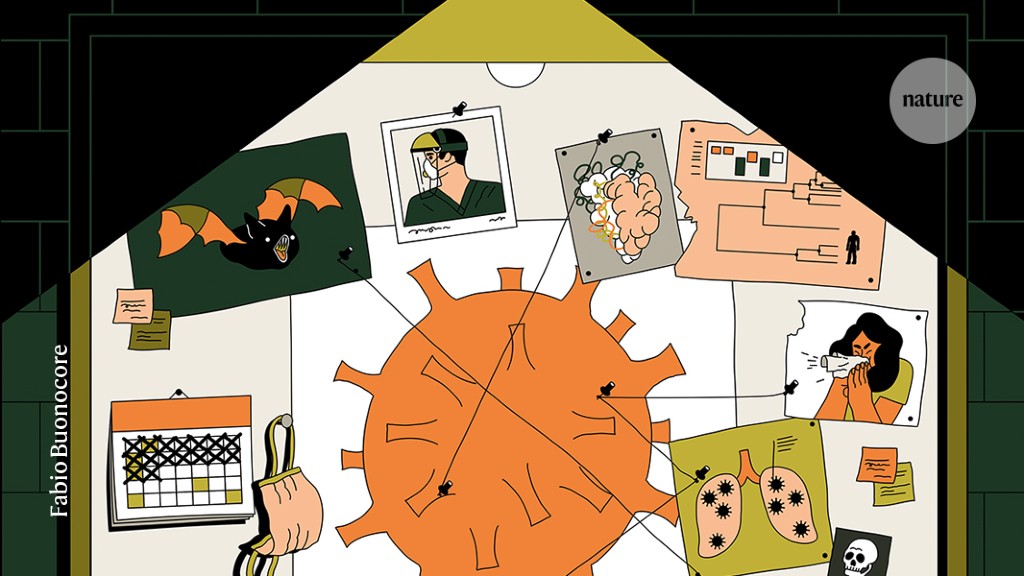capjak
TUG Member
- Joined
- Mar 16, 2006
- Messages
- 1,685
- Reaction score
- 272
- Points
- 444
- Location
- US
- Resorts Owned
- DVC BC & SSR, Marriott GV+MVC Pts, WKORV & SVV, HGVC Flamingo
Long involved article but here is one excerpt I found interesting take on the future....
It might give people antibodies that will offer at least partial protection, says Klaus Stöhr, who headed the World Health Organization’s SARS research and epidemiology division. Stöhr says that immunity will not be perfect — people who are reinfected will still develop minor symptoms, the way they do now from the common cold, and there will be rare examples of severe disease. But the virus’s proofreading mechanism means it will not mutate quickly, and people who were infected will retain robust protection, he says.
“By far the most likely scenario is that the virus will continue to spread and infect most of the world population in a relatively short period of time,” says Stöhr, meaning one to two years. “Afterwards, the virus will continue to spread in the human population, likely forever.” Like the four generally mild human coronaviruses, SARS-CoV-2 would then circulate constantly and cause mainly mild upper respiratory tract infections, says Stöhr. For that reason, he adds, vaccines won’t be necessary.

 www.nature.com
www.nature.com
It might give people antibodies that will offer at least partial protection, says Klaus Stöhr, who headed the World Health Organization’s SARS research and epidemiology division. Stöhr says that immunity will not be perfect — people who are reinfected will still develop minor symptoms, the way they do now from the common cold, and there will be rare examples of severe disease. But the virus’s proofreading mechanism means it will not mutate quickly, and people who were infected will retain robust protection, he says.
“By far the most likely scenario is that the virus will continue to spread and infect most of the world population in a relatively short period of time,” says Stöhr, meaning one to two years. “Afterwards, the virus will continue to spread in the human population, likely forever.” Like the four generally mild human coronaviruses, SARS-CoV-2 would then circulate constantly and cause mainly mild upper respiratory tract infections, says Stöhr. For that reason, he adds, vaccines won’t be necessary.

Profile of a killer: the complex biology powering the coronavirus pandemic
Scientists are piecing together how SARS-CoV-2 operates, where it came from and what it might do next — but pressing questions remain about the source of COVID-19.
